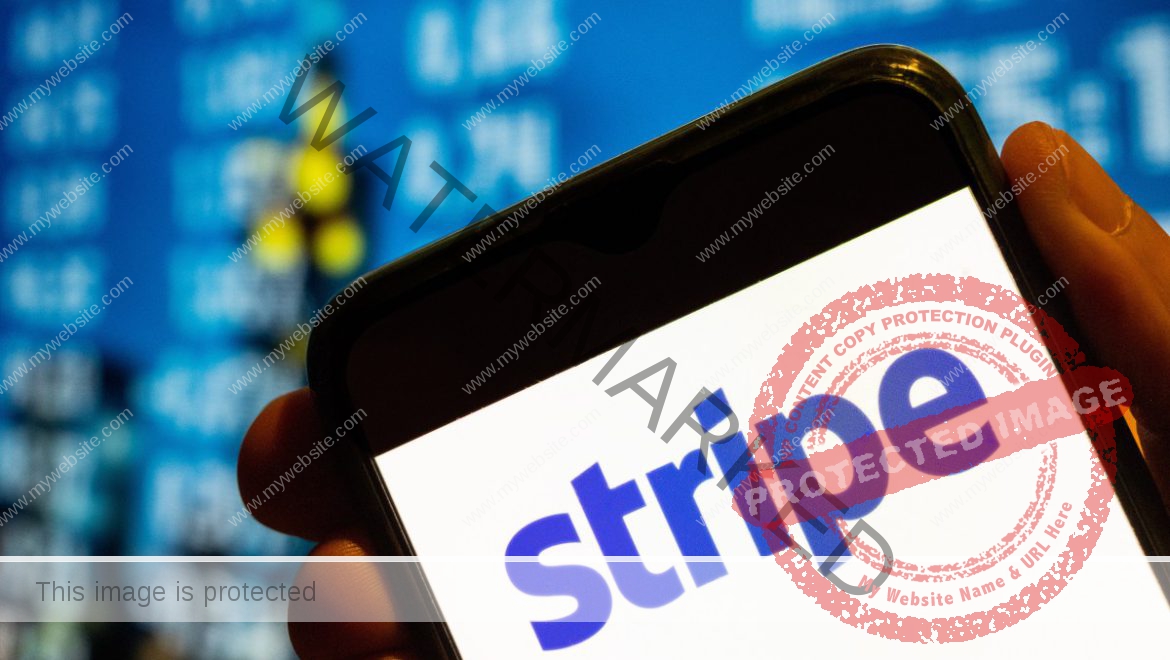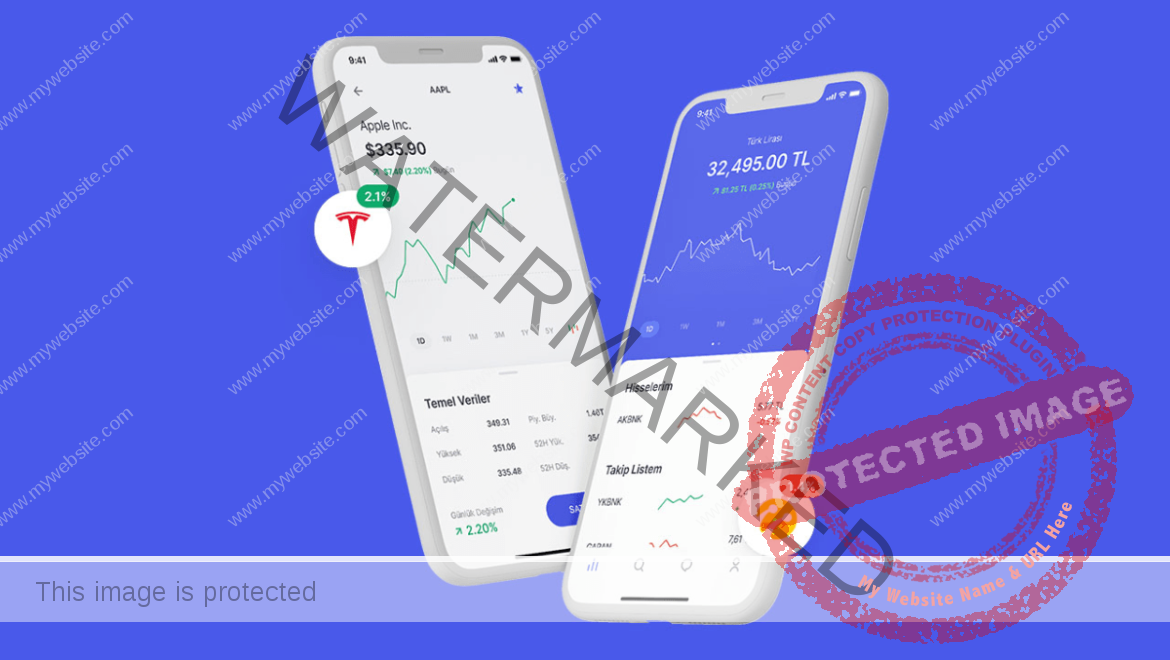Winding down a startup can be bittersweet for founders. In the case of Fundid, rising interest rates killed the business finance startup. But VCs and partners hurt it, too, founder Stefanie Sample says.
TechCrunch profiled the company in 2022 when Sample raised $3.25 million in seed funding backed by fintech investor Nevcaut Ventures, The Artemis Fund and Builders and Backers.
Prior to Fundid, Sample spent more than a decade as the owner of more than a dozen profitable franchise businesses in Montana. She owns 12 Taco Bell locations and was the previous owner of two Massage Envy franchises, as well as three other companies that are all profitable. It was through that experience she saw firsthand how difficult it was for companies like hers to have access to capital.
She started Fundid to offer lending via a business-building credit card as well as finance resources like a grant-matching tool, marketed mainly to women business owners.
Because Fundid was a fintech company and not a bank, it decided to have a debt facility partner to underwrite its operations, Sample explained. She found a partner and pre-negotiated the secured overnight financing rates, or SOFR. This is an interest rate banks use to price U.S. dollar-denominated derivatives and loans.
However, between spring of 2022 and the end of 2023, the Federal Reserve raised interest rates 11 times. Just before Fundid launched its first card product, the debt facility partner went to Sample with some bad news.
“The numbers worked originally because the interest rate was nothing,” Sample told TechCrunch. “When the rates went up, that really screwed us because the debt facility was based on SOFR plus, so the numbers didn’t work.”
The cost of the capital would cost Fundid so much compared to the fees Fundid could charge, that Fundid would essentially be paying its customers to use its product, and “then numbers would never shake out,” Sample said.
Tough decisions
To keep going, Fundid “needed to put up a lot more collateral because of the changing environment,” Sample said.
An investor was going to help with this, but that would mean giving up more equity in the company, Sample said. She recalls even telling the investor that it would have been a bad investment.
“The cost of capital and the warrants would have resulted in him taking our entire company — just for us to exist,” she added. “The interest rate market became this opportunity for everyone around us to take our company, and then the business model didn’t work in our case anyways. It was like, ‘Well, what are we doing?’”
So, over the summer of 2023 Sample decided to wind down Fundid. The decision was made more difficult when Fundid was able to raise $2 million the summer of 2023 just as she was pulling the credit card from the market.
Raising capital while thinking of going dark is something Sample said doesn’t get talked about enough. Despite her thoughts, Fundid’s board still encouraged her to keep going and to take the additional capital. Investors told her that they believed in Sample and her ability to figure it out or build a new product or build a brand new company.
They wanted her to pivot. However, all of the money was invested toward building the credit card that Fundid couldn’t afford to keep in the current market. In addition, the cap table would have been “too messed up to try anything new,” Sample said.
However, Sample had other ideas.
“I was so burnt out at that time that I was having panic attacks,” she said. “I took a step back. It was a moment where I told myself, ‘this is what happens to women in venture.’ They already took more of my cap table and now they want me to build a brand new company on the existing cap table. And they’re kind of talking to me like I’m an idiot.”
So Sample rescinded the raise and gave the money back. That was in August 2023. Then came the part she dreaded: She had to lay off her team of five, doing so in November.
This was her first time firing employees, and Sample recalls sitting in a coffee shop and crying with them. Not because Fundid was dead, but because they “all loved working together so much. It was a heartbreaking day,” Sample said.
A fork in the venture road
She also said during this time she lost faith in the venture path. In 2023, the company was hitting all of its metrics in a timely manner. However, as the finance market changed, investors were actively collaborating with Sample to find a path forward. She described it like having “whiplash all the time.”
She also became disgruntled over how much of Fundid’s ownership she had lost, and could continue to lose if she stayed on the venture fund raising path. Sample spoke to other female founder friends who were raising at the seed stage and had already given up 30% of their company — similar to her.
As a general rule, seed investors typically want 10%-20%. Although 25% or even 30% is not unheard of, it is considered high for those early rounds.
But she felt that as a female founder, the odds were stacked against her, and she struggled to get competitive term sheets. The data backs up her perception. In 2022, female founders landed less than 19% of all venture fund dollars that year, PitchBook found. In 2023, it was 23%.
Far fewer female-founded companies are backed annually (less than 1,000 in 2023, compared to tens of thousands for males) and the deal amounts and valuations are lower, too, the PitchBook research shows.
“With the venture landscape, the goal posts are always moving or the rug being pulled out from under you,” Sample said. “When you are a female founder, you have to sacrifice a lot to be among the 2%. We end up paying ourselves less and accepting worse term sheets. The other part is that it is already so hard to get capital, yet the world is telling you to be grateful. I just wanted to build a real company, and it made me disgruntled how it all worked.”
A fresh start
The whole experience inspired Sample to write a postmortem post about Fundid’s journey, which she shared with TechCrunch. In it, Sample wrote that “Fundid may have failed as a company, but more than that, we acknowledge that we failed the small businesses that need innovation in capital markets.” In it she wrote, “Would I do it again? Honestly, no.”
In hindsight, she said she would definitely build the next company with a technical co-founder, not take money from friends and family and should have “stuck to her guns” when it came to not launching a credit card. “As the founder/CEO, I’m the decision maker; this is my fault,” Sample wrote.
Fundid’s official close date was April 1. After taking some time off — and learning how to play ukulele — Sample said the Fundid experience has, however, made her eager to go back to what she affectionately calls “real businesses.”
She’s now launched a new investment company called Pailor Capital that stems from her work helping women finance their own businesses. A better way to do that is to buy existing profitable companies, she feels. She’s also purchasing an existing business.
“My existing investors are fantastic, this is a reflection of seeking new investment in a market that decided fintech, lending and cards were no longer desirable,” she wrote in her postmortem.
Pailor Capital has made seven investments so far this year, all for women to find, buy and grow existing businesses.
“If we really want to make a dent on gender equality and business we’re better off encouraging women to go out and buy existing profitable businesses,” Sample said. “Then their impact as CEO essentially skips the ladder.”

















